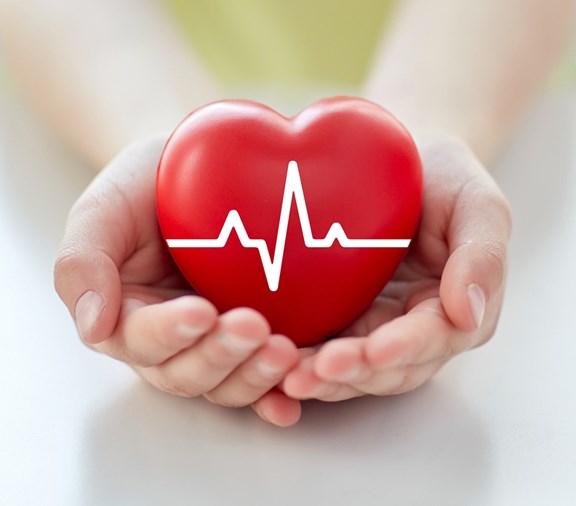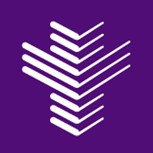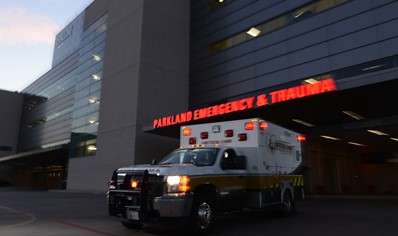
American Heart Month Series: What Is Heart Disease?
February 14, 2022
February—American Heart Month—is an excellent time to learn about heart health for yourself and your family.
This blog explains different types of heart disease. Watch for additional blogs covering risk factors and heart health tips for families.
What is the heart?
Your heart is a muscle. It is about the size of your fist.
“Cardio” is a word that means heart.
“Vascular” means the tubes or channels that move fluid, such as blood, through your body.
Your heart is part of your cardiovascular system. Heart disease is also called cardiovascular disease.
What is the cardiovascular system?
The cardiovascular system includes:
- your heart, which pumps blood
- arteries, which carry blood and oxygen from your heart to your muscles and organs
- veins, which carry blood back to your heart
- capillaries, which move blood between arteries and veins
What are some common diseases and disorders of the heart?
Atherosclerosis
If you have atherosclerosis, you have a substance called plaque in your arteries. This can start to “clog” your arteries and make it harder for blood to flow through. Over time, this can cause a heart attack or stroke.
Heart attack
Because your heart is a muscle, it needs blood and oxygen to work—just like all other muscles.
If there is a clot in an artery that leads to the heart, it will not get the blood and oxygen it needs. A small area of your heart muscle will begin to die. This is called a heart attack.
The good news is you can be healthy again after a heart attack. With medication, the right diet, and exercise, you can help your heart to grow strong again.
Stroke
A stroke is an injury that causes brain cells to die.
You could have a stroke if:
- an artery that carries blood and oxygen to the brain is blocked
- an artery inside the brain bursts
A stroke can affect your memory and your ability to walk, talk, and move your body.
However, just as your body can recover after a heart attack, you can also sometimes recover from a stroke.
Heart failure
Heart failure means your heart is weak and does not pump blood as well as it should. Your muscles, organs, and other parts or your body will not get enough blood and oxygen.
You might not even know that you have heart failure. That’s why it’s important to see your doctor if you feel unusually weak or tired.
Feeling sick? Don’t wait: Call your doctor
The diseases and disorders listed here are just a few forms of heart disease. These illnesses can affect people of all ages.
Remember, the sooner you get a diagnosis, the faster you can begin treatment—and recovery. If you or your family members don’t feel well, call the doctor.
Do you need insurance for yourself and your children? Texas STAR (Medicaid) and Texas CHIP provide health care for low-income families, children, and pregnant women at low or no cost.




